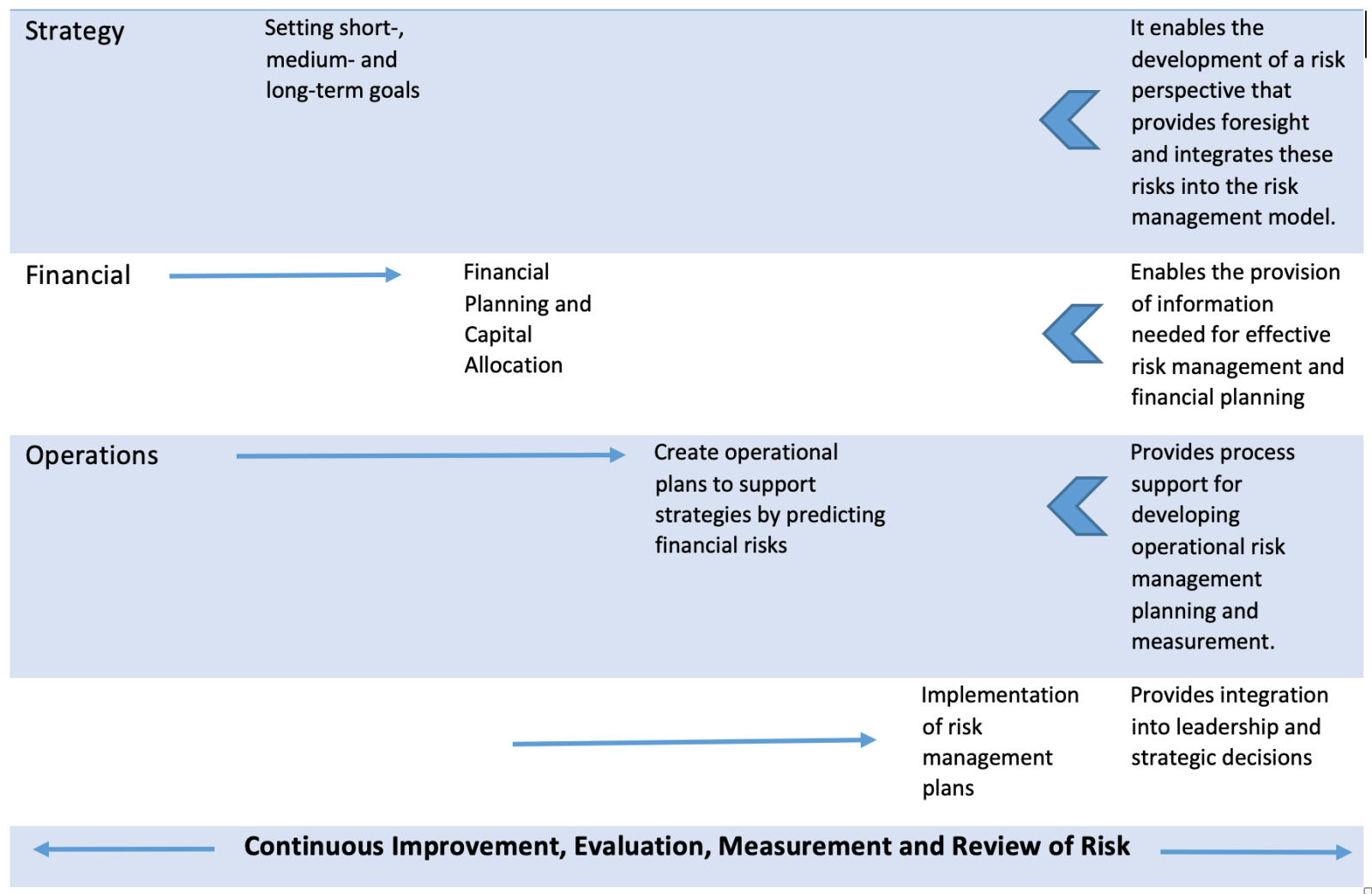SUSTAINABILITY
CLIMATE CHANGE MANAGEMENT APPROACH
- Sustainability Management
- Climate Action
- UN Sustainable Development Goals
- Environmental Management System
- Social Impact
- Governance
- Sustainable Supply Chain
Climate Change Risk
Renewable energy generation is closely linked to climate risk. Wind generation is a direct consequence of the sun's rays striking the earth's surface. Global warming changes the intensity and angle of the sun's rays, thus indirectly affecting global wind patterns. Galata Wind considers global warming to be the greatest climate risk. The company's assets may be damaged by sudden changes in wind in the form of hurricanes and/or cyclones, and changes in temperature in the form of icing and/or hailstorms, which are a direct result of global warming. Indirectly, unstable and fluctuating wind conditions and unstable solar radiation can affect local power generation from the plants. These risks are evaluated financially by considering both potential lost revenue and newly incurred capital and operating costs.
The calculation of the financial risk due to climate change is based on the difference between the generation average of the last years and the year with the lowest generation.
Climate Change Risk Management
Galata Wind's risk management system has been established to monitor financial, operational, strategic, information, climate, occupational health and safety, and regulatory compliance risks. These risks are monitored and managed by the company's responsible managers. As part of Galata Wind's quality management system ISO 9001, risks related to the overall business structure and processes are identified, evaluated and prioritized.
The probabilities of these risks and the degree of effectiveness of controls are determined. Circumstances, possible events, trends or similar factors are considered, e.g. whether the risks were intended and realized. Various methods are used in the management and processing of risks.
Strategic Risk Management Planning (2022 - 2023)

Early Detection of Risk Committee
The purpose of the Early Detection of Risk Committee within the Board of Directors is tasked with the early identification of operational, strategic, financial and compliance risks that may jeopardize the existence, development and continued existence of Galata Wind. It also takes and implements the necessary actions in relation to the identified risks, develops the necessary policies for the implementation of the risk management processes, and manages and reports the risks in accordance with the Company's risk profile. The Committee is responsible for designing effective internal control systems to define, implement and comply with the risk management policies, implementation methods and systems based on the risk management strategies. The Committee may request information, opinions and reports from relevant departments, as it deems necessary to effectively perform the risk monitoring function. Climate change risk is one of the other risk topics assessed and monitored by the Early Detection of Risk Committee.
Sustainability Committee
The Sustainability Committee, one of the other committees within the Board, is charged with assisting the Board in decision-making and helping the Board fulfill its governance and oversight responsibilities in the area of sustainability. The Committee is charged with advising the Board on environmental, social, corporate governance and other human capital issues ("ESG issues").
The Committee monitors global developments related to sustainability and/or general changes in ESG issues, major issues, topics and details that directly affect the Company, informs the Board of Directors about these issues and provides guidance. The Committee also advises the Board on what it can do to support the Company's continued progress on ESG issues.
It monitors and evaluates the Company's consideration of key issues, risk-related elements, general industry or investor expectations related to sustainability and ESG issues in its policies, procedures and practices, and acts in an advisory capacity as needed. It also monitors and reviews initiatives taken to reduce and manage environmental impacts. It monitors the actions or initiatives taken to avoid, mitigate and manage risks related to ESG issues. It draws attention to issues that may have a significant negative impact on the company or on stakeholders and refers them to the relevant bodies. It follows up on the adoption of the necessary precautionary measures and the establishment of the systems.
The Investment Committee, which reports to the Galata Wind Board of Directors, was also established in 2022 and ensures that Galata Wind A.Ş. Its purpose is to provide the Board of Directors with the necessary risk analysis and to monitor investments.
The Committee is tasked with making proposals to the Board of Directors by evaluating the opinions of other Board Committees (Corporate Governance, Sustainability, Human Resources, and Early Detection of Risk) and the Committee's opinions on investments.
Sustainability Risk Management
Galata Wind completed the definition of materiality areas in all sustainability-related areas in 2022 and decided to publish the content of the Sustainability Report, which will be published in early 2023, within this framework. Climate change has also been included in the high materiality areas and will be managed accordingly.
Information on our materiality areas can be found under this heading on our website.
Further information on climate change risks and opportunities can be found in the table in the risks and opportunities section of our website.




